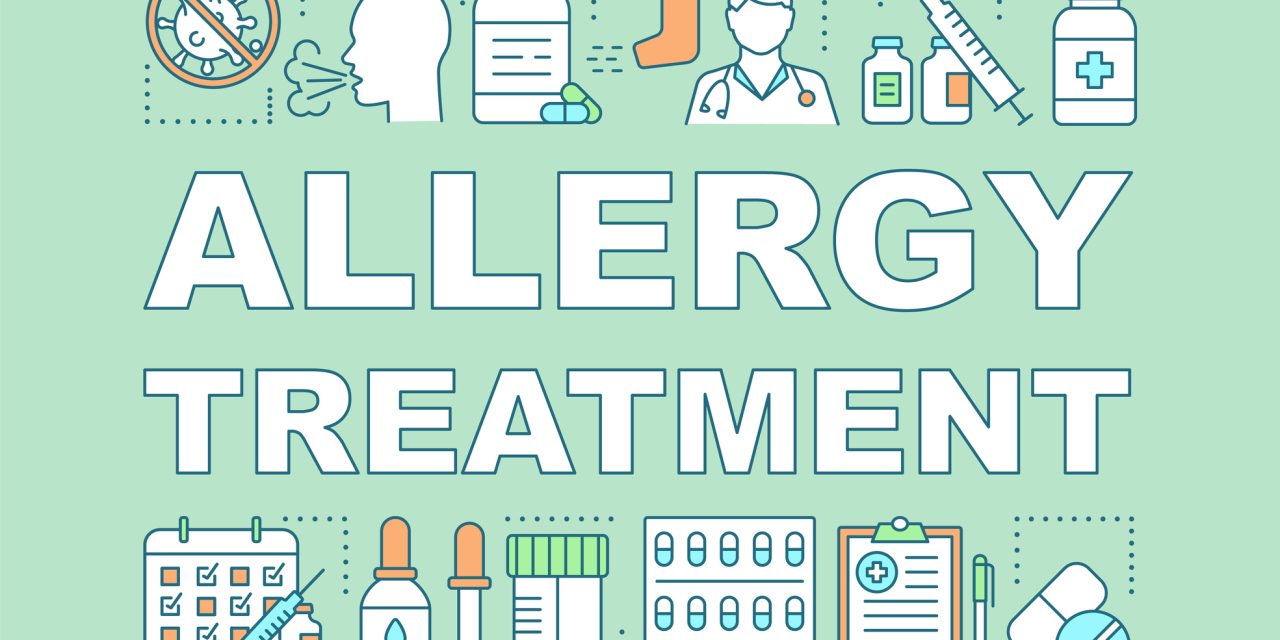Global industrialization not only improved the quality life of millions but also paved the way to solving many health problems. One among them is allergic asthma, which affects approximately 20% of the global population. Poor air quality is the major culprit in allergic asthma, which not only affects the individual’s health, but also impairs his or her life quality and that of family members. Asthma is a chronic pulmonary inflammatory disease characterized by excess mucus production, airway hyperresponsiveness, and bronchoconstriction. Inhalation of corticosteroids, leukotriene modifiers, and β-adrenergic agonists is one treatment prescribed to control the symptoms of asthma, but there is still no effective cure. Phytochemicals such as carotenoids, phenolics, alkaloids, and nitrogen and organosulfur compounds are proven to possess immense pharmacological properties. Betalain is one such phytochemical present in plants of the order Caryophyllales. It is a water-soluble nitrogen-based pigment proven to possess antimicrobial, antioxidant, anti-inflammatory, hepatoprotective, antilipidemic, antidiabetic, and anticancer properties. We examined the curative potential of betalain against allergic asthma in a mouse model. Betalain treatment effectively decreased lung weight and infiltration of inflammatory cells in BAL fluid, and lowered IgE, eotaxin, and cytokine levels in asthma-induced mice. It also improved pulmonary mechanics and decreased oxidative stress and nitric oxide levels. Betalain significantly decreased gene expression of TGF-β and its downstream signaling Smad proteins. Lung histology confirmed that betalain protected the lung tissue of mice from ovalbumin-induced allergic asthma. Overall, our results show that betalain is a potent antiallergic drug that effectively protects mice from ovalbumin-induced allergic asthma. With further research, it can be prescribed as a treatment for asthma in humans.
Betalain Alleviates Airway Inflammation in an Ovalbumin-Induced-Asthma Mouse Model via the TGF-β1/Smad Signaling Pathway.


